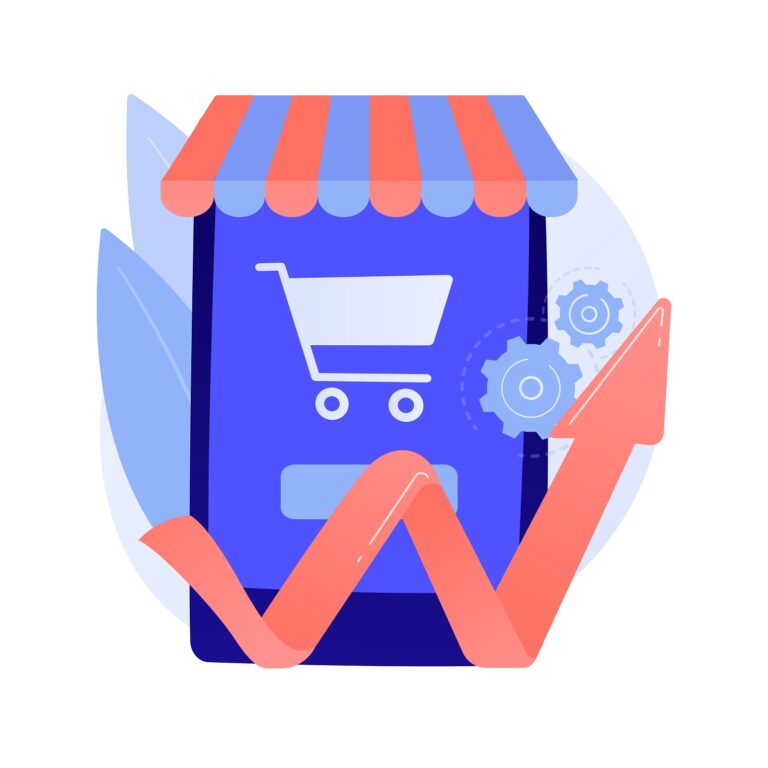How to Choose the Right AI Tool for Your Business
In the dynamic world of business, innovation is a key driver of success. One of the most transformative innovations in recent times is the advent of Artificial Intelligence. AI is not just a fad; it’s revolutionizing the way businesses operate, from improving customer service to making sense of big data and enhancing operational efficiency. However, not all AI tools are created equal, and choosing the right one for your business can be a daunting task. This comprehensive guide will illuminate your path to finding the AI tool that aligns with your business needs, offering valuable insights and a roadmap for your decision-making process.
Introduction to AI in Business
The fusion of AI and business is creating a new era of efficiency, innovation, and profitability. AI tools can automate repetitive tasks, provide valuable insights through data analysis, enhance customer interactions, and much more. However, leveraging these benefits depends on choosing the right AI tool. It’s crucial to understand that there is no one-size-fits-all AI solution, as different tools have unique functionalities, and what works for one business may not work for another.
Understanding Your Business Needs
The first step towards choosing the right AI tool for your business is understanding your specific needs and objectives. What business processes would you like to streamline? What kind of data are you dealing with, and what insights would you like to gain from it? Which areas of customer service would you like to enhance? By answering these questions, you’ll be able to identify the kind of AI technology that aligns with your needs.
Deciphering the Types of AI Technology
Once you have a clear understanding of what you need, it’s essential to familiarize yourself with the different types of AI technologies available:
- Machine Learning (ML): ML systems learn from data and improve their performance without human intervention. They’re well-suited for tasks like predictive analytics, customer segmentation, and fraud detection.
- Natural Language Processing (NLP): NLP enables machines to understand, interpret, and generate human language. It powers features like sentiment analysis, chatbots, and voice recognition.
- Robotic Process Automation (RPA): RPA automates repetitive, rule-based tasks. It’s ideal for data entry, invoice processing, and scheduling systems.
Evaluating Features and Capabilities
Understanding the features and capabilities of different AI tools is a vital step in your selection process. Look for features that address your specific needs. Also, consider the tool’s integration capabilities – a good AI tool should seamlessly integrate with your existing systems and software. Scalability is another critical factor; as your business grows, your chosen AI tool should be capable of growing with it.
Assessing Usability and Technical Support
Even the most sophisticated AI tool won’t do you much good if it’s too complicated for your team to use. Consider the usability of the tool, the learning curve involved, and the level of technical expertise required. Additionally, check out the kind of technical support provided by the vendor. Good technical support can make the implementation process much smoother and ensure you get the most out of the tool.
Ensuring Security and Compliance
In today’s digital age, security cannot be an afterthought. Ensure that the AI tool you choose has robust security measures in place to protect your sensitive business data. Additionally, if your business is subject to any regulatory standards, make sure that the AI tool is compliant with these regulations.
Reading Reviews and Seeking Recommendations
It’s always beneficial to learn from others’ experiences. Read reviews and case studies about the AI tool you’re considering. Ask for recommendations from other businesses in your industry. This will give you real-world insights into the tool’s performance, reliability, and effectiveness.
Testing the AI Tool
Most vendors offer free trials or demo versions of their AI tools. This is a golden opportunity for you to test the tool in your specific business environment. Evaluate whether the tool delivers on its promises and whether it fits well within your operational structure.
Considering the Cost and ROI
Last but not least, consider the cost of the AI tool. While it’s important to stick to your budget, it’s equally important to consider the return on investment (ROI). A more expensive tool that significantly boosts your efficiency and bottom line might be a more cost-effective choice in the long run.
Conclusion
In conclusion, choosing the right AI tool for your business is a critical decision that can significantly impact your operations, efficiency, and profitability. It requires a clear understanding of your business needs, careful evaluation of different tools, and thoughtful consideration of factors like features, usability, security, and cost. However, the effort is well worth it, as the right AI tool can drive your business forward, streamline operations, and provide valuable insights that inform strategic decisions. In the rapidly evolving business landscape, leveraging the power of AI is not just an option, but a necessity. Equip your business with the right AI tool and unlock the door to unprecedented growth and success.







